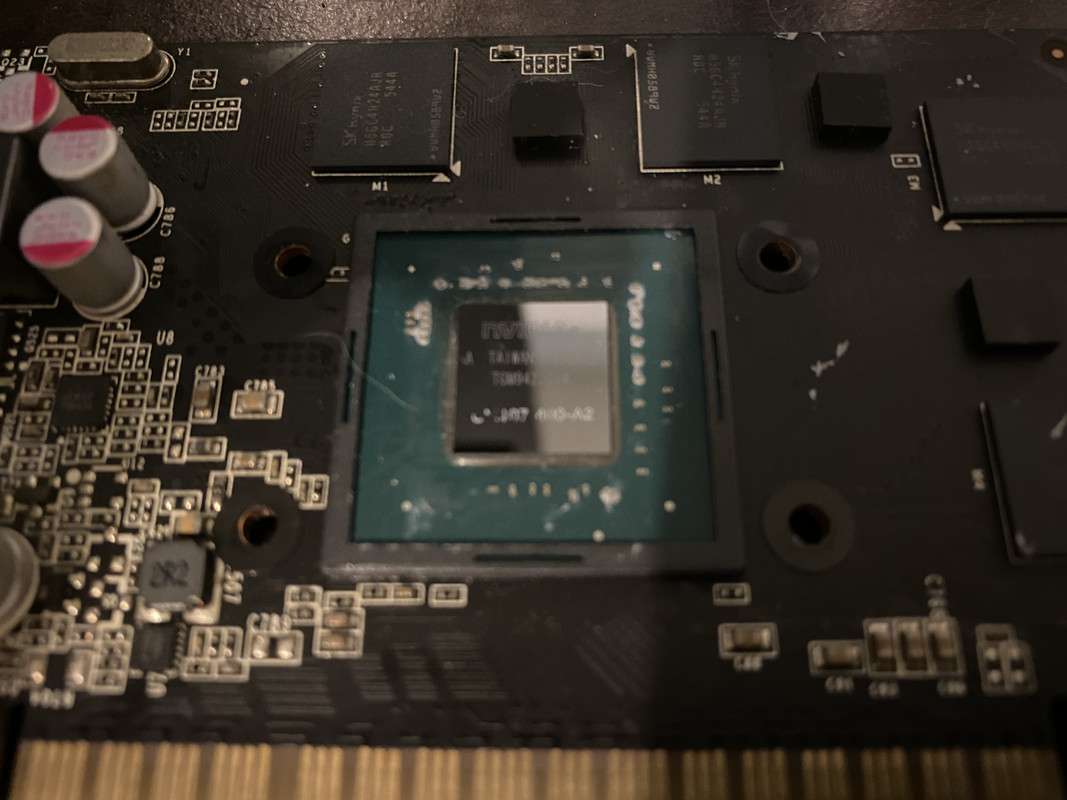HELP! Used Isop Alcohol with MOISTURIZER to clean Ryzen CPU. Do I need to redo and how much did I screw up
Hello, I foolishly bought a 70 % Isop Alcohol with MOISTURIZER, and cleaned CPU thermal paste, PCB of the CPU, some parts of the motherboard, RAM golden contact pins, and of course the heatspreader of the CPU to clean thermal paste.
It was only after I did everything did I realize the "with moisturizer" label on the alcohol.
I tested the alcohol on a wooden floor and it didn't evaporate quickly and it even left white residue off the stain.
This is a new build that I did on my old case so I may have screwed up new parts.
I've ran the PC for 30 minutes or so only because I don't have RAM right now borrowed one from a friend to see how well the build works. It did work well with
Normal temps but not enough time to observe fault or physical damage.
Am I worrying too much? Shouldn't the heat from the computer evaporate any moisturizer left? And should I clean the CPU again with actual 70% IPA alcohol with no moisturizer? And finally, will the moisturizer cause any problems in the long run and will it degrade any components or PCB?
Thank you for any answer
Hello, I foolishly bought a 70 % Isop Alcohol with MOISTURIZER, and cleaned CPU thermal paste, PCB of the CPU, some parts of the motherboard, RAM golden contact pins, and of course the heatspreader of the CPU to clean thermal paste.
It was only after I did everything did I realize the "with moisturizer" label on the alcohol.
I tested the alcohol on a wooden floor and it didn't evaporate quickly and it even left white residue off the stain.
This is a new build that I did on my old case so I may have screwed up new parts.
I've ran the PC for 30 minutes or so only because I don't have RAM right now borrowed one from a friend to see how well the build works. It did work well with
Normal temps but not enough time to observe fault or physical damage.
Am I worrying too much? Shouldn't the heat from the computer evaporate any moisturizer left? And should I clean the CPU again with actual 70% IPA alcohol with no moisturizer? And finally, will the moisturizer cause any problems in the long run and will it degrade any components or PCB?
Thank you for any answer
Last edited by a moderator:



